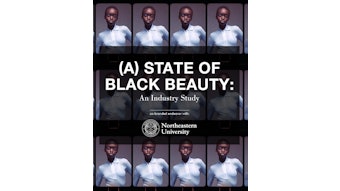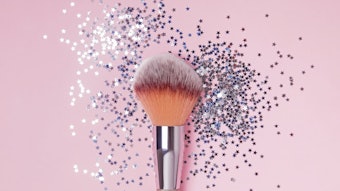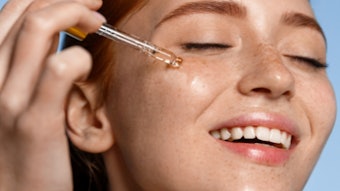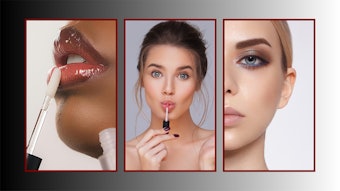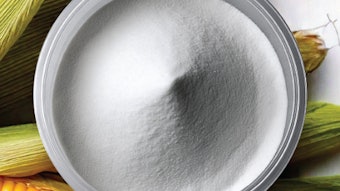In its new Strategic Insights report, Organic Monitor assesses sustainability initiatives in the beauty Industry. The research finds that most investment is going into reducing the environmental footprint of cosmetic products by using greener formulations and sustainable packaging.
Packaging is receiving high interest because of its high ecological impact; companies are looking at biodegradable plastics, recycled materials and innovative ways to reduce packaging. The report provides case studies of companies undertaking novel techniques such as upcycling and lightweighting, as well as those using new packaging materials such as biopolymers and bamboo.
The report highlights the achievements of the Brazilian company Natura, which has been championing environmental causes since its formation in 1969. It was the first major cosmetics company to become carbon neutral, offsetting its carbon emissions by reforestation of native tree species. Beraca, another Brazilian company, is also commended for its social and biodiversity investment projects in the Amazon. The report finds that although natural and organic product companies are typically pioneers, larger conventional firms are stealing the limelight by more aggressive communication of their sustainability activities.
The importance of ethical sourcing is making fair trade prominent, with a growing number of natural cosmetic and ingredient companies investing in grower projects in developing countries. Certification is a major barrier, however, with many companies preferring to take the non-certified route because of bureaucracy and the limitations of fair trade standards. Corporate philanthropy is another area becoming important for some beauty companies wishing to invest back into society.
Cradle-to-cradle certification is becoming popular for companies such as Aveda and Kiehl’s as it gives a life-cycle analysis of cosmetic products.
These types of initiatives will be extensively featured in the upcoming Sustainable Cosmetics Summit, taking place in Paris, October, 18–20, 2010. The summit looks at how beauty companies can lower their environmental and social impacts by investing in green formulations, sustainable packaging, certification programs, biodiversity and ethical supply chains. The series of summits features leading organizations involved in such initiatives—Natura, Beraca, Burt’s Bees, Estée Lauder, MH Plastics, Fairtrade Labelling Organisations International, NaTrue, Ecocert, Givaudan and Cognis.




